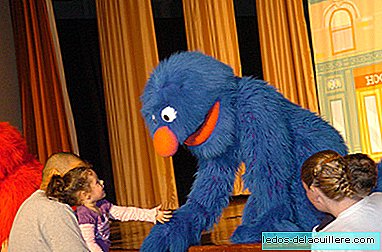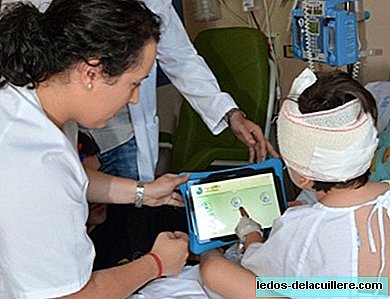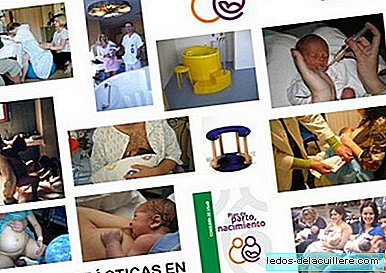
Researchers from the University of Rochester (New York / United States) have studied how the brain of children and adults worked when they saw 'Sesame Street'.
It is a series that helps children with many useful lessons: reading, calculation, interpersonal relationships ... Research has shown the relationship between the neuronal activity that children show in the real world, and the performance of math homework. During the study the brains were observed (by scanner) of a group of 27 children between four and 10 years old, and also of 20 adults (18 to 25 years old), while watching episodes of Sesame Street. It has been found that at the same time that knowledge is developed, brain modifications occur.
Specialists who have participated in the research say the study could help diagnose and treat learning problems and other diseases.
While the team of researchers watched the participants' brains, they watched 20 minutes of the popular educational series, in this way they have been able to understand how thoughts are processed, and how brain activities gain momentum in front of educational content.
On the other hand it has been discovered that those children with neuronal maps similar to adults, have scored better in mathematical and verbal tests.












